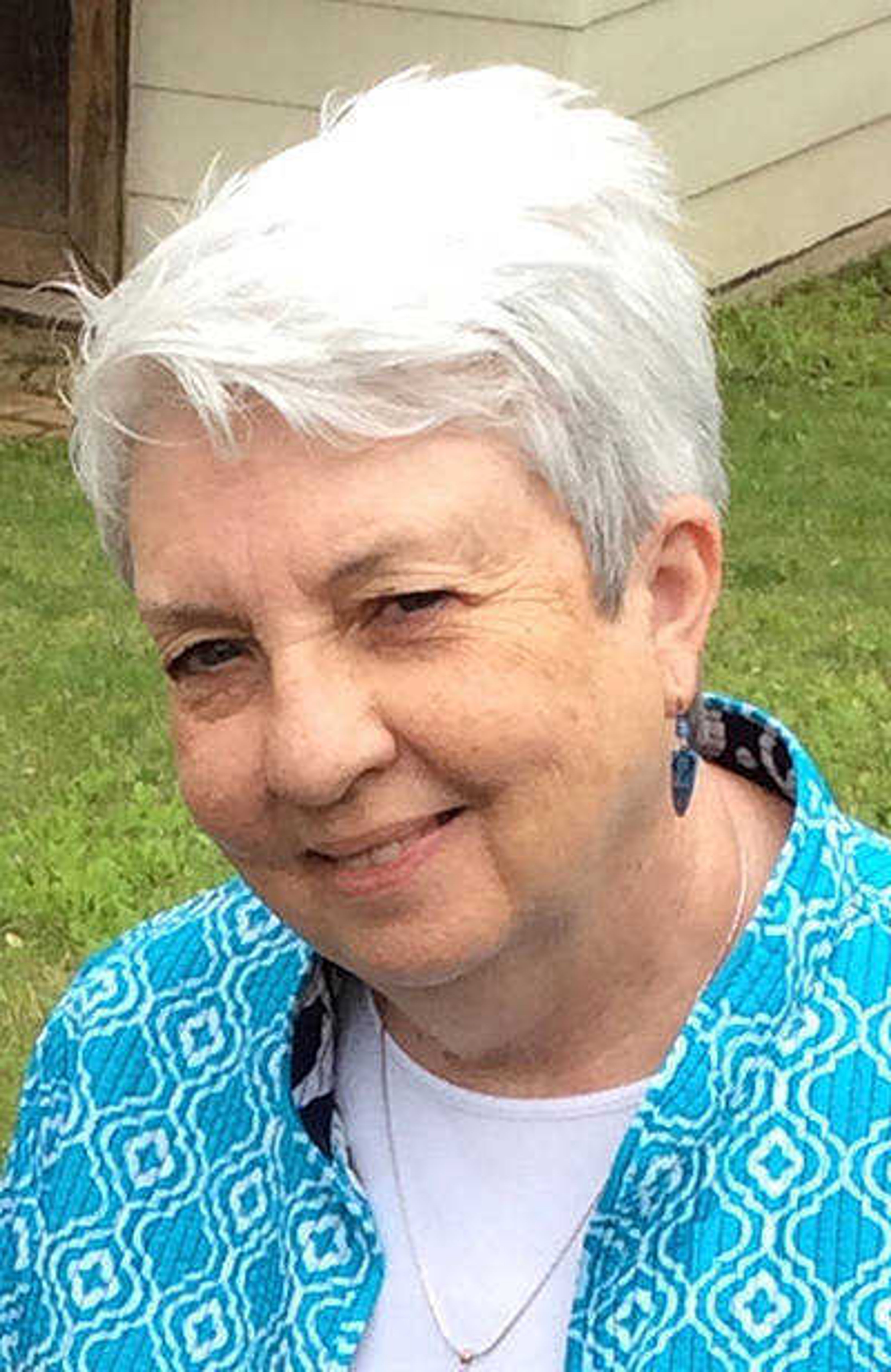The community memory of Louis Napoleon Nelson
It seemed Cape Girardeau's historical awareness of African American participation in the Civil War had 150-year amnesia. When local history-keepers were queried, a vague memory of only one Black Civil War military man surfaced. Long-ago patrons of the People's Cafe recalled the portrait of an old, stoic, uniformed man displayed in the restaurant. ...
It seemed Cape Girardeau's historical awareness of African American participation in the Civil War had 150-year amnesia. When local history-keepers were queried, a vague memory of only one Black Civil War military man surfaced.
Long-ago patrons of the People's Cafe recalled the portrait of an old, stoic, uniformed man displayed in the restaurant. The Good Hope Street eatery was owned and operated by J.T. and Lessie Nelson and served primarily Black customers from 1956 to 1992. Most assumed the portrait related to Civil War history.
Who was the man and where was the portrait? Nosy inquiries in 2012 led me to the man's fourth- and fifth-generation descendants living in Cape Girardeau. Family lore and military archival materials reveal an interesting and complicated history. Depicted was Louis Napoleon Nelson, a Tennessee Confederate regiment servant, whose memory was honored by his grandson, Joe Thomas "J.T." Nelson.
Louis Napoleon Nelson was born circa 1846 at Ripley, Tennessee, one of 40 persons enslaved by James Oldham. At age 15, Nelson was sent to war with Oldham's sons, Edward (18) and Sidney (16), as cook and "bodyguard" of the teen-aged soldiers, "fired with enthusiasm for the Confederate cause." In time, Nelson's duties alongside Company M, 7th Tennessee Cavalry (Duckworth's), expanded to include "look out," and impromptu chaplain. Though Nelson could not read or write, legend was he knew Scripture from memory and led services for the soldiers before battles. Family lore says Louis was also given a firearm and fought alongside his white comrades at Shiloh, Brice's Crossroads and Vicksburg.
This history is complicated. Nelson, as Oldham property, likely had little choice about going to war with his enslavers. Other enslaved Confederate Army servants, in similar circumstance, defected to the Union side when the opportunity arose. Louis did not. Even when Edward Oldham was taken prisoner of war on July 4, 1863, at Vicksburg, Nelson remained loyally in his service. When the war was over, Nelson returned to the Oldham plantation for several years as a freedman.

Nelson married and raised a family of nine children in Lauderdale County. He worked 25 years as Ripley High School janitor. In 1921, Nelson applied for and received a Confederate pension from the State of Tennessee as "an ex-servant for the forces" -- not as a soldier. His widow applied for continued benefits after his death, but was denied. Members of the Oldham family endorsed and testified on behalf of both pensioner applications.
In more recent decades, another of Nelson's grandsons, Nelson W. Winbush of Florida, became an outspoken and often controversial member of Sons of Confederate Veterans. Winbush advocated for the memory of his grandfather's Confederate service, but also the modern display of the Confederate flag. A Wikipedia page devoted to Winbush's interpretations elaborate further on Nelson's lore and Black Confederate history.
Nelson's 1934 obituary described "the largest colored folks funeral we had ever seen in our time," his coffin, draped in the Confederate flag, was accompanied by military procession to his grave.
Connect with the Southeast Missourian Newsroom:
For corrections to this story or other insights for the editor, click here. To submit a letter to the editor, click here. To learn about the Southeast Missourian’s AI Policy, click here.











